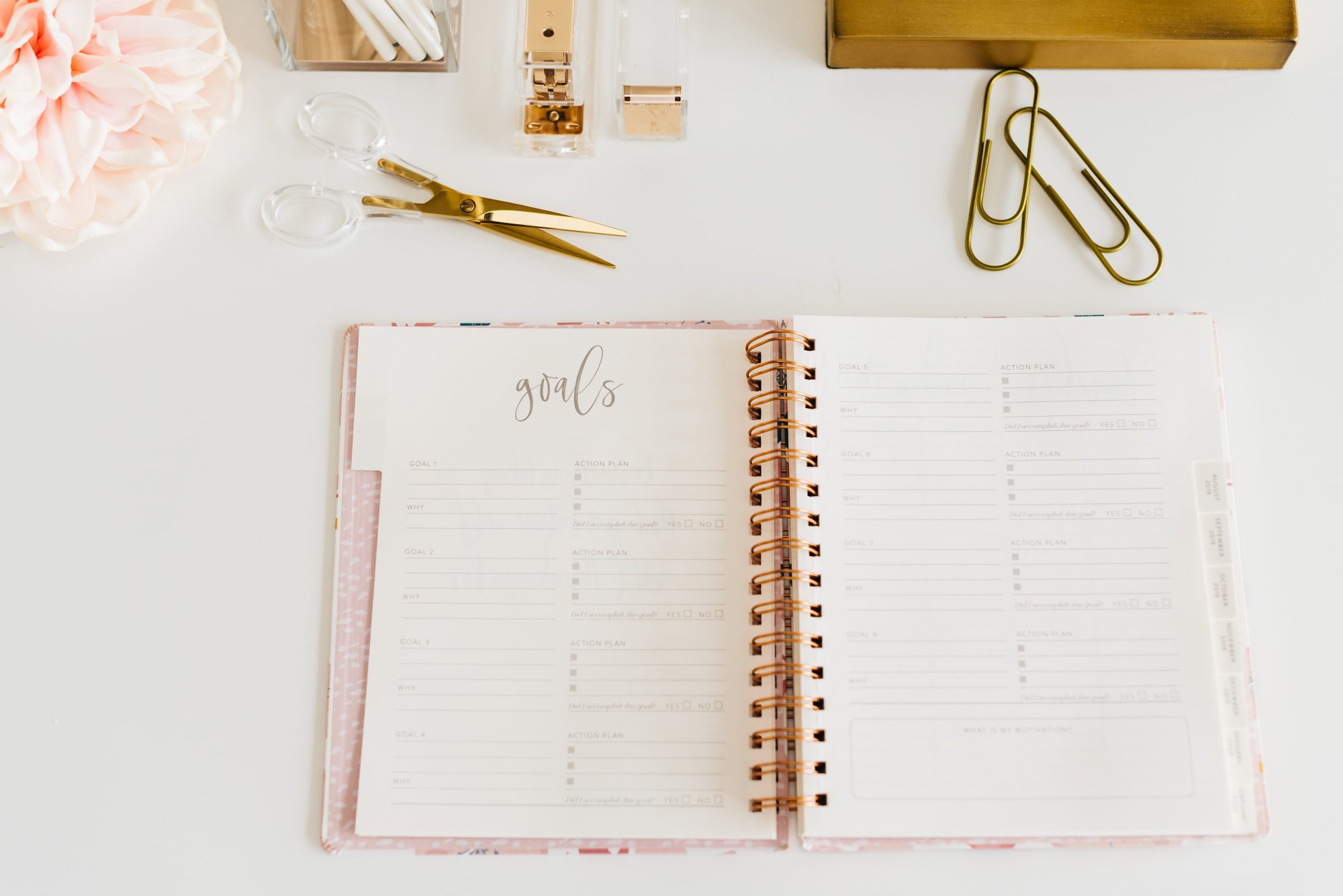Honesty, respect, accountability, empathy and professionalism are a set quality that a health expert possesses. If you are concerned about how to make the best out of your NDIS plan, we have asked two health experts to share their insights on how to plan and coordinate your NDIS services. Here, Sally; the founder and clinical director of Posity will share her knowledge in planning the NDIS services.
Table of Contents
How to Get Posity to Plan and Coordinate NDIS Services?
We understand that choosing the best NDIS services and planning them for either participants or their loved ones can be a little challenging and overwhelming. So, to ease carers’/participants’ concerns and ensure that our therapists provide participants with an effective clinical approach and other paperwork, later on, participants will need to fill up their information on our intake form. The intake form can be found on our website.
Besides finding us via Google, our registered participants are usually recommended by Allied Health networks such as GPs, doctors, friends and family. Therefore, as a leading NDIS provider in Victoria, we ensure that participants are always directed to our website for our intake form so that we could help them out.
What are the steps and documents needed for Posity’s intake form?
When it comes to submitting the intake form, firstly we require our participants to fill it up:
Step 1
- Who would be requiring our service? Participant; themself or a child
- Which services do they require from us? Allied Health Services – Occupational Therapy or Speech Pathology or our Specialised Disability Accommodation (SDA).
Step 2
- Participant’s email
- Address
- Date of birth
- Gender
- Identity: Aboriginal or Torres Strait Islander?
- What languages are spoken at home?
- Does a participant require an interpreter?
- Does a participant have a key diagnosis or relevant medical history for our good reference?
- What are the participant’s key goals upon completing the therapy session?
- Which is the participant’s preferred service location?
Next, in Step 2, when it comes to preferred service locations at Posity, we make sure that participants are comfortable with their environment as this is one of the greatest factors that helps them progress well during their therapy sessions. Therefore, we provide 5 options for participants. Participants who wish to walk into our clinics for a face-to-face session may visit either one of our clinics; North Clinic at Bundoora, Victoria 3083 or East Clinic, Blackburn Victoria 3130. For children, they may receive their sessions at home or in school/kinder/childcare.
Due to the worlds’ pandemic; Coronavirus, we have implemented Telehealth (online session); a twenty-first-century therapy approach that is patient-centred, safe for both participants and therapists and most importantly, effective. Our telehealth approach uses video conferencing software like Zoom, Google Meet, and Coviu as well as secured healthcare system phone calls such as Halaxy to connect with participants.
Telehealth has become one of our top services, especially during the pandemic to help ensure that all our participants continue to receive their Occupational or Speech therapy sessions on time even during the pandemic. We are happy to share that many of our participants have enjoyed Telehealth because it is fast and there is no more waiting. Telehealth is also convenient because participants do not have to travel to our clinics. It is 100% safe from direct transmission of infection and is as effective as having a face-to-face session in our clinics.
Step 3
Moving on to step 3, participants are required to fill up the funding section by choosing the following choices:
- Are they funded by the National Disability Insurance Scheme (NDIS)
- Medicare
- Private Health or
- Self Funded (paying from own pocket – Not NDIS)If participants are funded by the NDIS, they are required to
- Upload a copy of their NDIS Plan
- NDIS plan start date and plan end date
- Participant’s NDIS Number
- How would participants like their funds to be managed? Agency Managed, Self Managed or Plan Managed.
- If your funding source is through Medicare or Private Health, include a copy of your plan as well.
Step 4
Lastly in Step 4, include some behaviours of any concerns. This would certainly be helpful for our therapist to prepare successful and engaging therapy sessions. Some of these behaviours are:
- Bitting
- Hitting
- Smacking
- Hair pulling
- Kicking (objects or others)
- Strangling
- Forceful pushing
- Head butting
- Verbal aggression
- Eye gouging
- Spitting
Aside from that, participants are always welcome to connect with us through our contact form for more enquiries about filling up the intake form or getting to know more about their NDIS plan and services at Posity.
Do most of your participants require more than one NDIS service from Posity?
Yes, certainly most of our participants would proceed with more than one NDIS service with us.
How do you help Posity participants plan what works best for them and get started with their NDIS services?
Once our team has received the participant’s intake form, we will get in touch with the participant and their family to proceed with a planning appointment. This first meet-up is one of the most exciting appointments. Here, we will gather as much information as possible about our participants. We will start off by getting to know their goals and priorities.
Getting to know participants’ goals and priorities are the most important factor in helping them choose the best NDIS services according to their special needs. Sometimes in a family, siblings of two or three may need Speech Therapy and Occupational Therapy sessions. However, the therapy hours for them during those weeks were simply not enough. To ensure that participants could make the most out of their NDIS plan and achieve their goals, we will have our experienced practitioners discuss with the participant and their family what could be achieved and how they would like their therapy sessions to be planned out.
Before attending NDIS planning meeting, should participants/parents know their important goals?
Yes, setting goals is a key part of the NDIS planning process. It is best to start thinking about these goals and what they should achieve, so parents are prepared to discuss and decide essential factors during the NDIS planning meeting. Understanding your child/participant goals will be beneficial for our experienced practitioners too to proceed with coordinated approaches while considering essential factors. For instance, What is the priority? Which service should be prioritized and begin with, how beneficial will it be as well as considering if the child and family member can cope with the busy routine? For participants or parents who do not have a clear idea of goals, no worries. We will guide them through some essential goals and help them figure out what their goals are.
Could you share some goals that parents can take note of and prepare before attending their NDIS planning meeting?

Here are 5 goals that we help children and families overcome, such as difficulty interacting with others, gross motor and fine motor skills, and managing emotions. Different children have different struggles and areas that require development, so all these examples may differ for every child.
Goal examples
1) I want to develop my friendships
To develop my friendship, I will learn to:
- Develop and keep friends and have someone in the friend circle to play with me.
- Be favourable and invited to playdates and interact with other kids.
- Take part in games and activities with my classmates during recess.
- Understand that I have to be more flexible with rules and learn to accept that the rules of the game change occasionally.
- Interact and play with others nicely without getting angry or hurting them.
- Participate in group activities with my teachers and friends and learn to understand which social behaviours are considered appropriate and which are not.
2) I want to be able to speak clearly
To be able to speak clearly with everyone and have them understand me, I will learn to pronounce my words correctly so that I do have to repeat myself to others.
3) I want to be independent
I want to be an independent individual. Therefore, I will learn to use my cutleries and have my own meals, dress and tie my own shoes.
4) I want to play safely at home or if I am outdoor
It is important for me to understand my safety while I’m playing at home or out of the home. Hence, I will learn what might be the risks if I run into roads and the safety of my family if we leave the doors open.
5) I want to be able to move on to the next task or stop an activity willingly
To achieve this goal, I will learn to accept that after completing a task, it is time to move on to the next task willingly and happily. I want to learn to stop an activity that I am doing without having a meltdown.
How about participants who wish for a change from elsewhere to registered and accredited NDIS providers like Posity?
Well, for those who wish to change but are still in the middle of an existing plan, all they have to do is:
1) Talk to your current NDIS service provider
Explain why you wish to change. Address a particular concern of yours or problem you wish to improve.
2) Check your service agreement
Look through all the terms and conditions to seek information on any termination period if you wish to cancel your agreement. Find out what is the notice period you should provide before cancelling the agreement. Note that there may be a clause on cancellation fees for ending the agreement early. Hopefully, things are simple without any termination period or cancellation fees. However, check it just to be sure.
3) End your service agreement
You will need to end the service agreement formally with your current NDIS provider. Preferably send them an email, so you have physical evidence on terminating the agreement.
4) Find a new NDIS service provider
Finally, you can start looking for a new NDIS service provider. Be sure to only pick registered providers to ensure that you get the best out of your NDIS plan.
Lastly, can you share what are your best NDIS services at Posity?
Certainly, our team shares a wealth of clinical and practical experience in Occupational Therapy, Speech Therapy and Specialist Disability Accommodation designed to meet every individual needs. We also provide accommodation services like Supported Independent Living (SIL), Short-term accommodation (Respite Care), Long-term accommodation (SDA).
Our therapists are registered with both the Australian Health Practitioner Regulation Agency (AHPRA) and Occupational Therapy Australia / Speech Pathology Australia. Therefore, we are committed to providing therapeutic outcomes that are goal-directed, based on current evidence and best practice principles that focus on what is most important to participants.
How can participants reach out for your services?
Contact us at 0449 612 283 or connect with us on Facebook for new workshop updates.
Thank you Sally for your wonderful advice on planning and coordinating the NDIS services and strong support towards all our fellow NDIS citizens.


